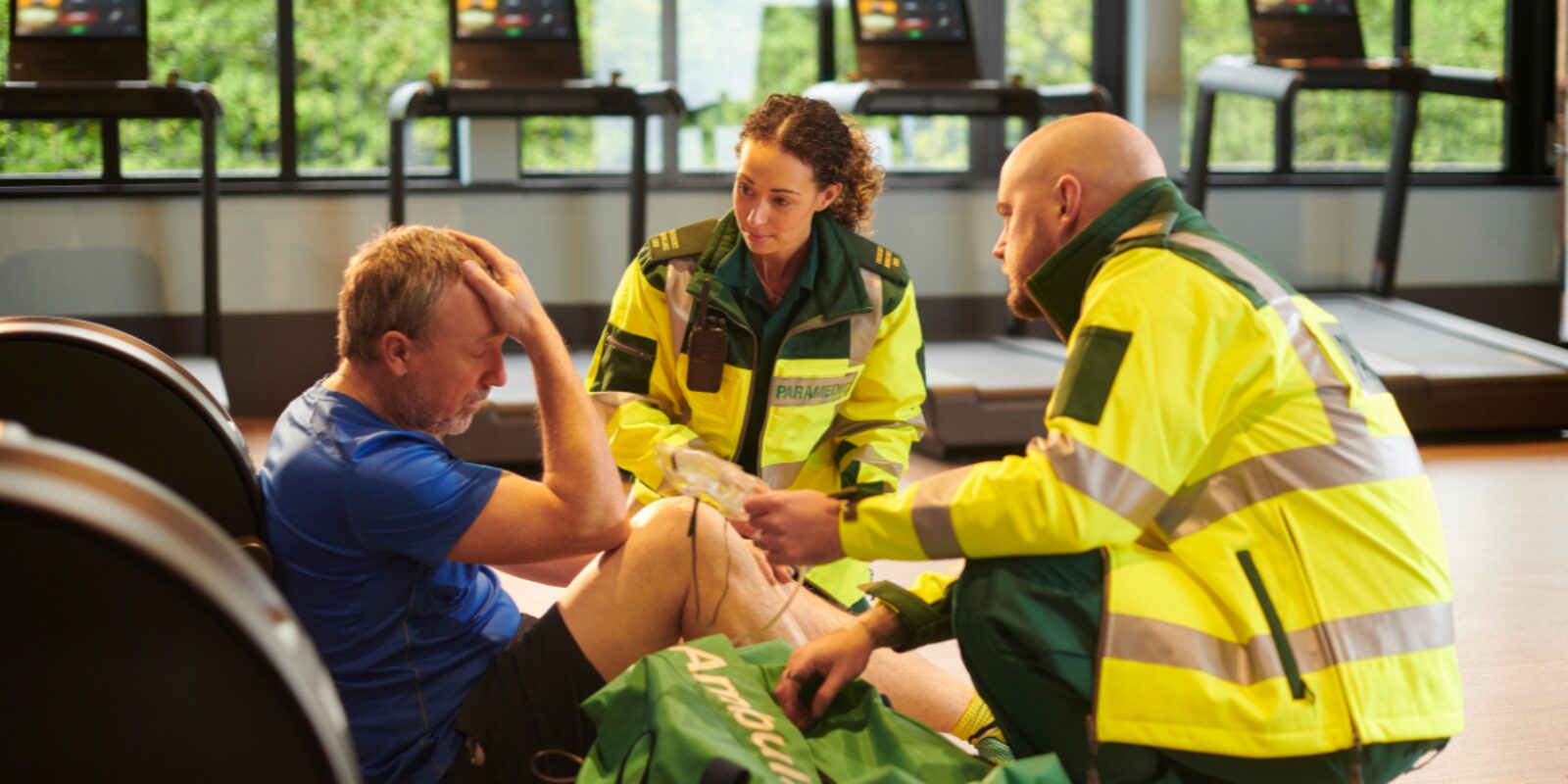January 29, 2024
The Massachusetts Department of Health recently released two important reports relating to the opioid epidemic.
The first report highlighted findings related to non-fatal overdoses, which was shared for the first time at the state level. Using data from patient interactions with the medical system, DPH found that for each person with a nonfatal overdose, on average 1 in 11 would eventually experience a fatal overdose. From 2017 through 2021, the average number of nonfatal overdoses per fatal overdose has decreased, which may reflect the lethality of the drugs with the rising presence of substances like fentanyl and xylazine, the more widespread availability of naloxone, and in recent years, potential reluctance to use medical services during the COVID-19 pandemic. The data is linked in the December press release from DPH.
The second report is the result of a feasibility study on the potential impact of overdose prevention centers in Massachusetts. The report focused on the current opioid epidemic and response efforts in Massachusetts, existing harm reduction services statewide, current models and outcomes in other states, and legal and licensure considerations. Recent polling suggests that there may be strong political will among Massachusetts voters in favor of overdose prevention centers. But before centers can be built, legal barriers must be addressed. The feasibility report can be viewed here.

